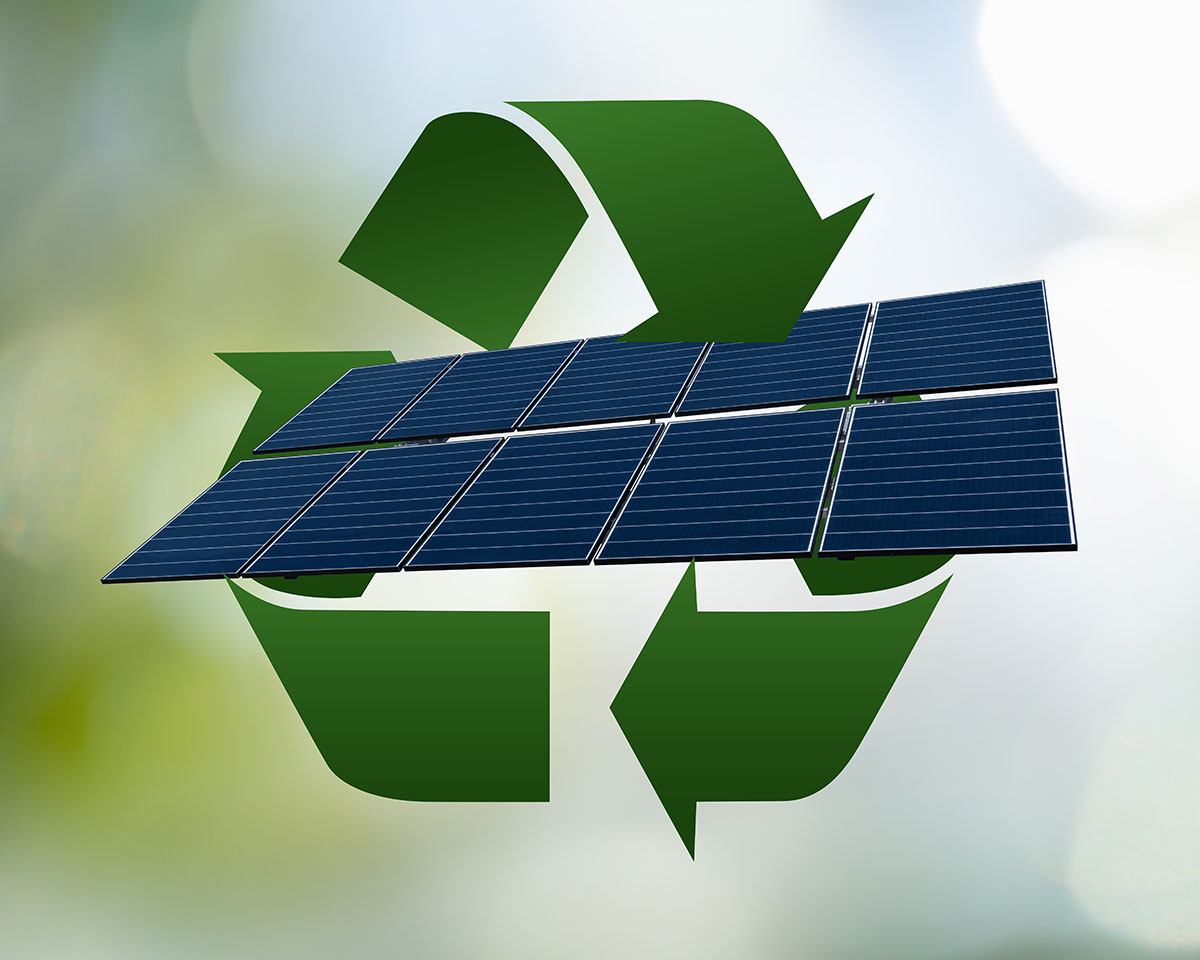Recycling Solar Panels — the Future
With the well-known increase in solar energy popularity comes essential end-of-life management of its modules. Solar panels are built to be utilized for many years, but they will one day become obsolete. Recycling solar panels: Recycling in return a crucial factor for really sustainable solar energy.Solar panel recycling.
Why Solar Panel Recycling is so important
Prevent Environment Pollution:** Recycling solarpanels prevents hazardous materials from escaping into the environment, such as lead and cadmium
Materials recovery: Solar panels consist of precious materials like silicon, aluminum and copper which need to be recovered and reused.
Circular Economy — The recycling of solar panels encourages a circular economy by reducing waste and conserving resources.
How Solar Panels Are Recycled
Solar panels are recycled in the following manner;
Disassembly: Solar panels can be dismantled to recover the different parts, including frame, glass and photovoltaic cells
Material extraction: It is done through recycling processes that recover valuable raw materials like glass, aluminum, copper and silicon.
Waste Minimization: Work is carried out to minimize waste and maximize the recovery of valuable materials.
One benefit of recycling is that the energy used in some cases can be recovered back and reused as needed.
An Array Of Challenges And Opportunities
Although recycling plays a crucial role in terms of sustainable energy, there are still hurdles to clear:
Consider Economics: The economics of solar panel recycling is already a major consideration, since newly recovered materials still may be cheaper to get than recycle.
Technological development: Solar panel technology is constantly evolving, and so are the materials used to manufacture it, potentially changing methodologies for recycling the products!
Administrative context: Solar panels must be decommissioned and recycled in a safe manner so that the complex cocktail of materials they contain do not release toxins to water or soil at the end-of-life stage.
However, the solar industry is doing several things to adapt to these challenges and its players are desperately trying to
